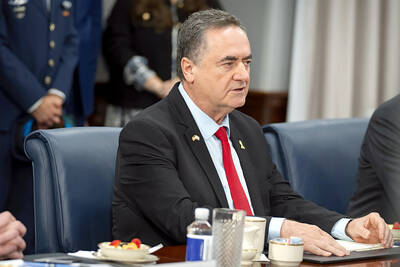Bolivian President Evo Morales said on Sunday he would launch a state-run daily newspaper later this month, saying the paper would act as a counterbalance to the “anti-government” local media.
Morales has nationalized energy, mining and telecommunications firms since taking office in 2006. He is also starting an airline and plans to launch state paper, cement and sugar companies in an effort to tighten his government’s control over the economy.
“The state’s going to have its own newspaper and I’ve told the media team that we should launch it on Jan. 22,” Morales was quoted as saying by the official news agency ABI.
During a radio interview, Morales accused some Bolivian media of attacking his administration and said the nascent newspaper would be charged with “gathering the truth,” ABI reported.
Jan. 22 will mark Morales’ third anniversary at the helm of South America’s poorest country.
Morales, a close ally of Venezuelan President Hugo Chavez, frequently criticizes local media. Last month, he threatened to stop giving news conferences for local journalists.
He said almost all of Bolivia’s newspapers and broadcast networks strove to taint his image and has scorned reporters for being the puppets of media owners he said were aligned with the rightist opposition.
The National Association of Journalists said late last year that some of Morales’ comments against the media amounted to “verbal abuse.”
Morales is also planning to launch a television station representing trade, farming and mining unions and the indigenous groups that form his power base, ABI said.
It said Bolivia’s allies Venezuela and Iran would help set up the station.
The impoverished Bolivian state already runs a news agency, a television station, a weekly paper and a network of radio stations.

STEPPING UP: Diminished US polar science presence mean opportunities for the UK and other countries, although China or Russia might also fill that gap, a researcher said The UK’s flagship polar research vessel is to head to Antarctica next week to help advance dozens of climate change-linked science projects, as Western nations spearhead studies there while the US withdraws. The RRS Sir David Attenborough, a state-of-the-art ship named after the renowned British naturalist, would aid research on everything from “hunting underwater tsunamis” to tracking glacier melt and whale populations. Operated by the British Antarctic Survey (BAS), the country’s polar research institute, the 15,000-tonne icebreaker — boasting a helipad, and various laboratories and gadgetry — is pivotal to the UK’s efforts to assess climate change’s impact there. “The saying goes

FRUSTRATIONS: One in seven youths in China and Indonesia are unemployed, and many in the region are stuck in low-productivity jobs, the World Bank said Young people across Asia are struggling to find good jobs, with many stuck in low-productivity work that the World Bank said could strain social stability as frustrations fuel a global wave of youth-led protests. The bank highlighted a persistent gap between younger and more experienced workers across several Asian economies in a regional economic update released yesterday, noting that one in seven young people in China and Indonesia are unemployed. The share of people now vulnerable to falling into poverty is now larger than the middle class in most countries, it said. “The employment rate is generally high, but the young struggle to

ENERGY SHIFT: A report by Ember suggests it is possible for the world to wean off polluting sources of power, such as coal and gas, even as demand for electricity surges Worldwide solar and wind power generation has outpaced electricity demand this year, and for the first time on record, renewable energies combined generated more power than coal, a new analysis said. Global solar generation grew by a record 31 percent in the first half of the year, while wind generation grew 7.7 percent, according to the report by the energy think tank Ember, which was released after midnight yesterday. Solar and wind generation combined grew by more than 400 terawatt hours, which was more than the increase in overall global demand during the same period, it said. The findings suggest it is

FIRST STAGE: Hamas has agreed to release 48 Israeli hostages in exchange for 250 ‘national security prisoners’ as well as 1,700 Gazans, but has resisted calls to disarm Israel plans to destroy what remains of Hamas’ network of tunnels under Gaza, working with US approval after its hostages are freed, it said yesterday. Israeli Minister of Defense Israel Katz said that the operation would be conducted under an “international mechanism” led by the US. “Israel’s great challenge after the hostage release phase will be the destruction of all Hamas terrorist tunnels in Gaza,” Katz said. “I have ordered the army to prepare to carry out this mission,” he added. Hamas operates a network of tunnels under Gaza, allowing its fighters to operate out of sight of Israeli reconnaissance. Some have passed under